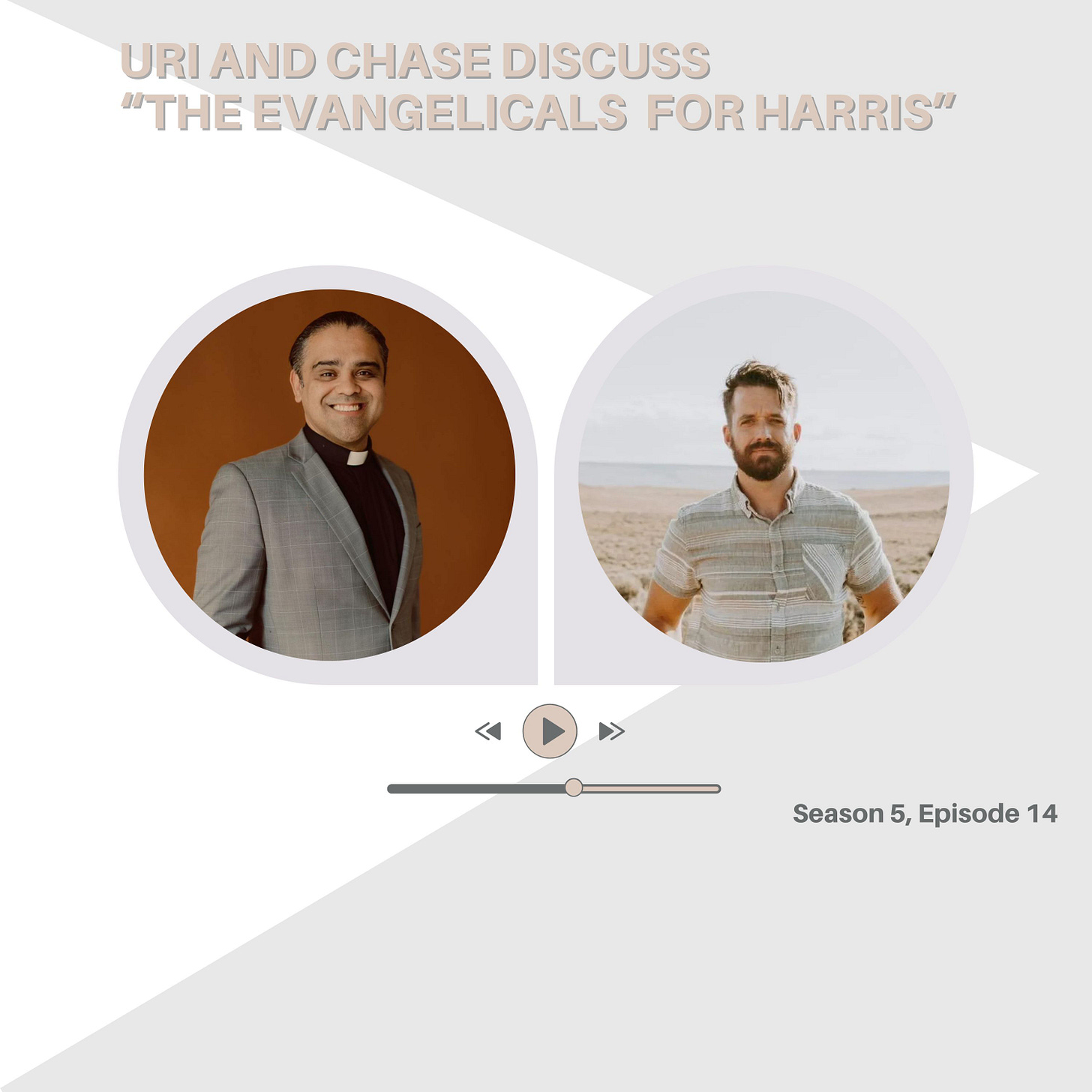About 16 years ago this month, Rev. Al Stout invited me to a small congregation in Pensacola to deliver a candidate sermon. The men of the church had shown some initial interest in me, and this was my opportunity to show them whether I could lead them as Minister of the Word.
I had completed my M.Div., which was a rather lengthy process concluding with memorizing all 106 Q&A in the Westminster Shorter Catechism. I had passed my final exam and was applying to different pastoral positions in the PCA. The application process was rather tedious and with little return on my investment. I would apply for the position by filling out lengthy forms and only hear back 90 days later with a meager explanation for why they couldn’t hire a young 28-year-old. “We are looking for someone with ten years of experience.,” they said. I thought to myself, “If you give me a chance, I will get to those ten years.”
Thankfully, that small congregation in the CREC, a tiny group of 30 churches, pursued me then, and I decided to give this opportunity a chance. We decided to take a little family trip seven hours to the panhandle of Florida from Orlando. My wife had delivered our first child, who was 3 months old.
At the time, I was working at a Christian bookstore, and we had one of those massive outside sales with thousands of books. We put up a tent outside and sold books from 7 to 7. Someone had to stay overnight to supervise the books, and I volunteered. We needed the extra money.
That evening from around 9 pm-5 am, I wrote the initial outline for the sermon audio attached. The next day I worked on refining some of the pieces, and by Friday I had the final manuscript. I recognized that this would be the only chance to show forth the fruits of my labors—first impressions, etc.
The passage I chose was strange. Isaiah 5 is typically not a to-go text for a pastoral candidate, but I was urged to preach from the lectionary. Of the four lessons, Isaiah seemed the most challenging. That was not my finest decision and I wouldn’t recommend anyone choose the most complex text to preach a candidating sermon.
Since that day, I have preached close to 700 Sundays, given another 100 lectures/talks, done maybe another 100 podcast interviews, and had other speaking opportunities in forums and Sunday Schools. But there is only one first candidating sermon for the church that will hire you.
This morning, I had a chance to listen to that first sermon. I typically have zero interest in looking back at old material. In fact, I don’t recall ever listening to any interviews I’ve done in the past, and certainly not any sermons I have preached. Nevertheless, I have been placed in a position of judging, giving wisdom, and critiquing sermons from dozens of pastors. This entails having to go back and engage older material and see what tangible progress has been made in my own preaching ministry.
So, what did I discover in the old me?
I did go back and found that a) the length of the sermon was reasonable. I kept it under 25 minutes, which I recommend 8 out of 10 times to every young minister. There are exceptional cases where going beyond is recommended, but as a principle, I recommend sermons ordinarily function in that timeframe. I have written about this in other places; b) the opening was reasonably engaging. I didn’t begin with formalities about the text, which often sound professorial and give the impression you are beginning a lengthy Bible study. I sought to bring people into the biblical story; c) the transitions from one section to another were rather wooden. I would have recommended the old Brito craft his transitions more carefully to make the movement seamless. If a sermon does not offer easy transitions, it can feel as if you are preaching multiple homilies; d) while speech rhythms varied, there were sections where the delivery became too mechanical and almost tedious. I should have reserved my volume for key and memorable points instead of using them randomly, and e) the content was a bit too technical at times. While I still remember making those points 16 years ago, I would have made them differently today, knowing the small audience in attendance.
Sermons are opportunities for pastors to read their people. It makes sense that I did not read the people well since I had only met them. Time and opportunities create beautiful biographical synergy between pastors and parishioners. That allows ministers to improve their skills and communicate them more effectively.
I would give 28-year-old Uri a 6 out of 10. Of course, this wasn’t my first sermon since I had preached in a few PCA congregations and several preaching seminars, but this was the first sermon in the congregation that would hire me. And that held a unique flavor to me.
Listening to it after 16 years brought back vivid memories of that morning. I remember my wife pacifying my three-year-old, and Dr. James B. Jordan looking intently at me, and an elderly woman smiling in encouragement.
It’s hard to minimize the experience of a first sermon. There is pressure. There is fear. There are some natural anxieties. There is the expectation to provide for your family.
I don’t think I will forget preaching about the vine and the branches in Isaiah. I don’t think I will forget that youthful voice. I don’t think I will ever forget the simplicity yet the weightiness of that day.
Nuntium
This episode of Foundations of Freedom was recorded a few days ago and edited by their team. I am thankful to Dave Dias for the opportunity. I am told it was sent yesterday to 77,000 pastors in America. Dave heard my talk in D.C. and wanted to have me record it. Thanks to Kait DeStefano for allowing me to use her camera and Hays Porter’s audio and video skills in syncing the entire work. Please do share if you think it would be beneficial.
I am headed to Dallas early tomorrow for a host of events. I will travel to a studio outside of Dallas for an hour-long interview with a ministry that televised work to over seven million people in Iran. This is a tremendous opportunity, and I hope my interview will travel far and wide and encourage what seems to be a massive revival taking place in Iran.
Afterward, I will speak twice at the Fight, Laugh, Feast Conference on behalf of the CREC. I look forward to meeting hundreds of you there. Please come and introduce yourselves.
Chase Davis returns to the podcast to discuss the identity of the newly minted Evangelicals for Harris. Every election cycle gives us a new elite of evangelicals who support the pro-abortion candidate because they are tired of partisan politics.
From the article:
"Thus, we see these Evangelicals for Harris for who they really are: Cogs in the machine of a well-funded dark money effort to fracture the evangelical vote—the lone bulwark preventing Democrats from turning America into a socialist hell hole. Their mission is not to advance Christian love or align their political preferences with King Jesus but to ease their conscience when they vote for Kamala and trick others into doing the same. They are the progressives who hollow out our Christian religion and wear it as a skinsuit in the pursuit of political power. They’ve traded in the cross of Christ for the transgender flag and the call to defend the unborn for the satanic sacrament of abortion."









